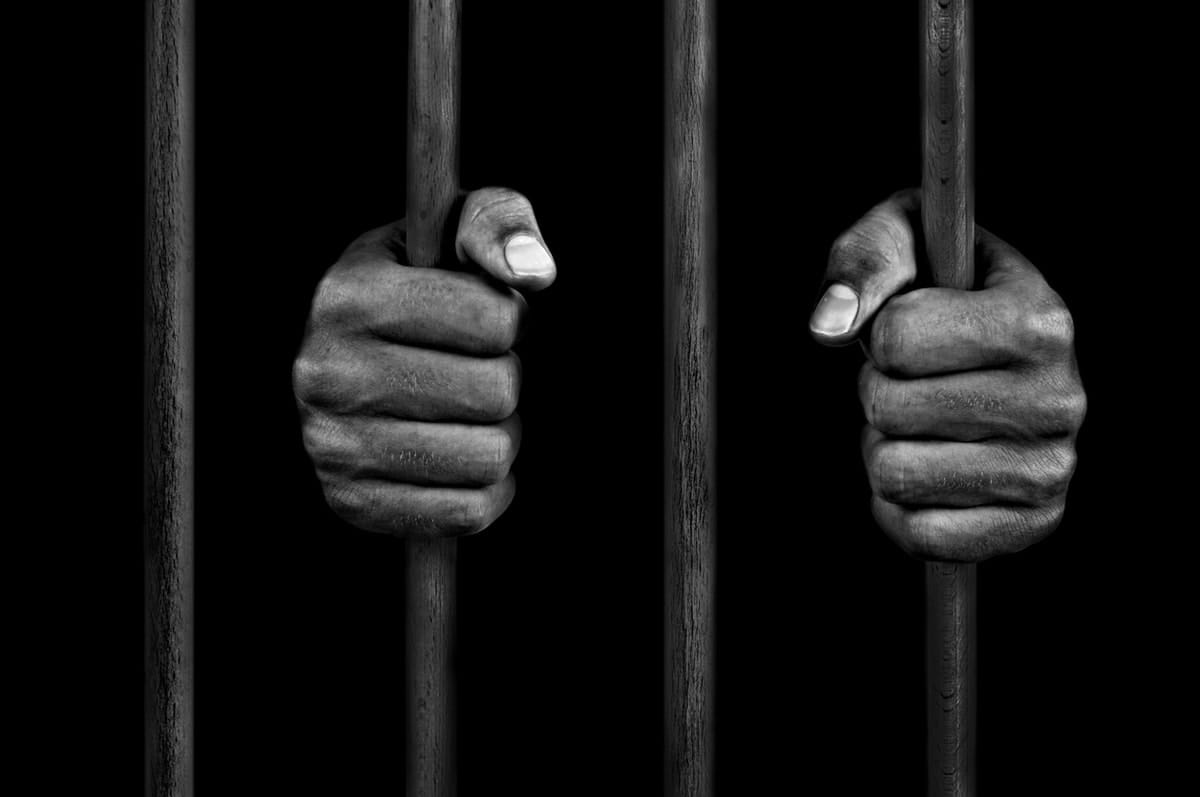
Today marks 30 years since the Royal Commission into Aboriginal Deaths in Custody (RCIADIC) report was published. For many people, this will be a day of sadness and reflection about how little has changed over the past three decades.
Thirty years ago, the royal commission found that Aboriginal people were overrepresented in the criminal justice systems in each of the Australian jurisdictions.
Over the past 30 years, people have been advocating for change to the conditions that are causing so many people to die in custody. The recommendations in the report continue to influence social and criminal justice policy across Australia.
However, in 1991, the royal commission made 339 recommendations, many of which still have not been fully implemented.
Since the RCIADIC, the overrepresentation of Aboriginal people in the criminal justice system has exacerbated. The rate of incarceration is currently 2285 prisoners per 100,000 Aboriginal and Torres Strait Islander adult population – they’re people incarcerated at 13 times the rate of non-Indigenous people.
Read more: Will COVID-19 change our youth justice systems?
The National Deaths in Custody Program has monitored deaths in custody since the RCIADC. Nearly 500 Aboriginal and Torres Strait Islander people have died in police or prison custody since then.
Last weekend, thousands of people protested across Australia to demand change before more people die. The state, territory and federal governments must work together to address the systemic issues that are causing the overrepresentation of First Nations people in the criminal justice systems, and deaths in custody.
There are three areas of reform that could start addressing the overrepresentation of Aboriginal people in the criminal justice system: self-determination; raising the minimum age of criminal responsibility; and changing bail laws.
1. Self-determination and community-led solutions
The RCIADC report, and many other reports since, have consistently shown that self-determination for First Nations people is essential for improving outcomes. There must be community control over decision-making. Aboriginal people know their communities, know the solutions and possess the know-how to end deaths in custody.
There are already many examples of community-led programs that are showing promising results. While justice reinvestment has been lauded as a solution, and indeed shows promise, unless the programs are truly community-led, there’s a risk that these types of policy changes further entrench criminal justice agencies and government into the lives of First Nations people.
2. Raise the minimum age of criminal responsibility
The minimum age of criminal responsibility in all Australian jurisdictions is currently 10 years old. Last year, 600 children aged 10 to 13 were incarcerated, with 60% of these children being Aboriginal or Torres Strait Islander.
In 2020, the Council of Attorneys-General formed the Age of Criminal Responsibility Working Group Review to investigate raising the age. The group ultimately decided that “more work needed to be done” before they recommended the raise in age.
However, there’s an ongoing campaign to raise the age of criminal responsibility in Australia from 10 years to 14. This campaign is supported by experts, lawyers, doctors and justice groups.
Indeed, in January this year, 31 member states of the UN urged Australia to raise the minimum age of criminal responsibility.
Children at this young age don’t have the emotional and intellectual capacity and maturity to understand the implications of criminal offending. Children who have experienced trauma and adversity are at high risk of offending and entering the criminal justice system.
Studies have shown that children who enter the criminal justice system early are more likely to reoffend, more likely to reoffend violently, and are more likely to enter the adult criminal justice system.
By raising the age of criminal responsibility, children can receive the guidance and protection they need, rather than face lifelong interactions with the criminal justice system.
3. Reform bail laws
Changes to bail laws in various jurisdictions in Australia have resulted in remand numbers growing exponentially. Bail laws were tightened in different jurisdictions in response to law and order politics and high-profile events.
However, the consequences of these changes have disproportionately impacted Aboriginal and Torres Strait Islander communities.
Approximately 34% of Aboriginal and Torres Strait Islander people who are incarcerated are unsentenced. There was a recent case of an Aboriginal woman dying in custody within days of being refused bail.
Aboriginal people know their communities, know the solutions and possess the know-how to end deaths in custody.
Changing the bail laws across all jurisdictions would start addressing some of the issues related to the overrepresentation of First Nations people in Australian prisons.
As we reflect on the past 30 years, all levels of government must commit to positive change to address the overrepresentation of Aboriginal and Torres Strait Islander people in the criminal justice system.
There doesn’t need to be another royal commission or inquiry. The many organisations have put forward solutions – they just need to be implemented.





